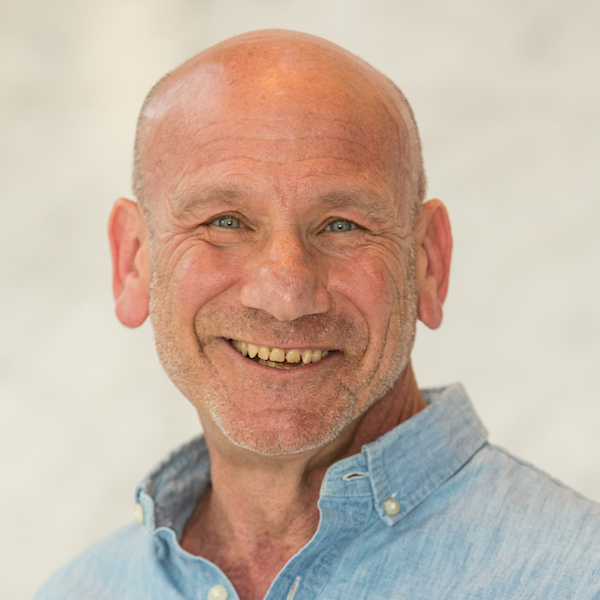The billion people who will watch the 2015 Academy Awards got a great gift last week from Amy Pascal, the recently fired co-chair of Sony Pictures, who “>revealed – reportedly by North Korea — in retribution for “The Interview,” Sony’s gross-out comedy about the justifiable assassination of an actual, living head of state, Kim Jung-un.
Some of the juiciest exchanges were in emails between Pascal and producer Scott Rudin about director David Fincher, who was abandoning Angelina Jolie’s movie version of Cleopatra to helm (it seemed at the time) Rudin’s movie version of Steve Jobs. Pascal pleaded with Rudin to call Jolie to mollify her. Rudin replied that Pascal was as much behind the Fincher redeployment as he was, and that the suggested “masturbatory call is a wank I have no time for.” “Shut it down,” he ordered Pascal, “it” meaning Jolie. “Do not f—ing threaten me,” Pascal replied. “Watch how you talk to me,” responded Rudin, who called Jolie “a minimally talented spoiled brat… a camp event and a celebrity and that’s all.”
These hacked emails represent just the tip of the not-niceness iceberg that Pascal says makes Hollywood work. No doubt there will be some who are exceptions on view on Sunday at the Oscars. Some of the winners who’ll tell their toddlers how much they love them may actually be as lovely in their business lives as they are in their acceptance speeches, and some branches of the industry (agents and managers come to mind) are entirely sincere in sucking up to their clients and the people with the power to hire them. But I think Pascal’s take on the industry’s id is largely fair. Politeness is a bad business model for entertainment.
(Disclosure: I’ve known and liked Amy Pascal for decades. Her husband has been a friend for even longer. If that disqualifies me from arguing that she’s right about the weirdness needed to make Hollywood work, please do not f—ing read any further.)
For nearly four years I was an executive at Disney, a vice president of production for live-action feature films. I spent almost eight more years there as a screenwriter and producer. My first boss at Disney, Pascal’s equivalent, was Jeffrey Katzenberg, and when I arrived at the studio from Washington, D.C., where I had spent most of eight years as a speechwriter, Katzenberg told me that the best way to learn my new job was to shadow him – to sit in on his meetings, listen to him on the phone, accompany him to breakfasts, test screenings, media junkets, negotiations, to see behind the curtain and learn how it’s done.
Did you enjoy this article?
You'll love our roundtable.
Editor's Picks



What Ever Happened to the LA Times?

Who Are the Jews On Joe Biden’s Cabinet?


No Labels: The Group Fighting for the Political Center
Latest Articles

Israel Strikes Deep Inside Iran

NSFW – A Poem for Parsha Metzora

Israel War Room Launches in Spanish

Modern Book Bans Echo Past Atrocities and Further Silence Marginalized Voices

The Power of the Passover Seder to Unite Jews












 More news and opinions than at a Shabbat dinner, right in your inbox.
More news and opinions than at a Shabbat dinner, right in your inbox.